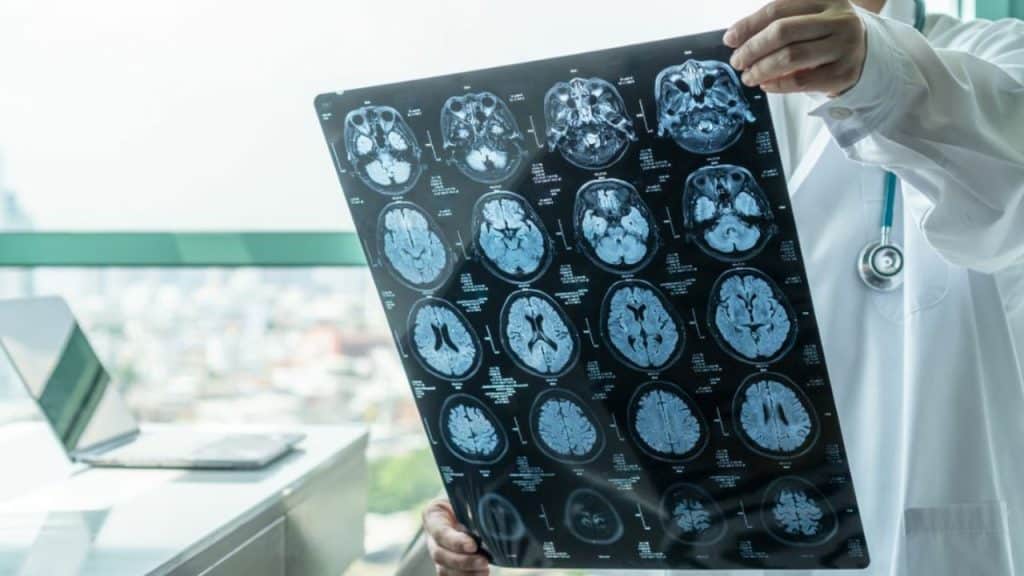Dementia is difficult and harrowing in many ways, including the lack of effective treatments. This means that early diagnosis is particularly important. It allows you to make plans and take steps to mitigate the impact. Unfortunately, trying to predict the onset of dementia before symptoms start impairing quality of life is also very tricky. A new algorithm may make things a little easier.
It started with a major, long-term study into driving behavior (https://longevity.technology/news/digital-markers-near-perfect-for-predicting-dementia/). The Longitudinal Research on Aging Drivers (LongROAD) project involved nearly 3,000 drivers, most in the 65-79 age bracket, across five different areas of the US. Some would later be diagnosed with Alzheimer’s, other forms of dementia, or the type of mild cognitive impairment that is often an early indicator of these kinds of conditions.
Researchers from Columbia University, a team made up of specialists in medicine, public health, engineering and applied science, analyzed this data and the digital markers it generated. They did not, however, use traditional learning models that have been used in the past to allow AIs to classify disease. Instead, they tried something called interaction-based classification and ensemble learning. They used it to identify variables that might predict mild cognitive impairments and dementia. The accuracy rate was 96%.
Some of the most significant variables included how often participants turned left when driving and how many times they braked hard. Left turns are more dangerous than right turns, so if someone is experiencing a cognitive decline, they might try to avoid them, even if they’re not conscious they’re doing it or don’t understand why it happens. Hard braking is generally a reaction to a dangerous situation or one perceived to be dangerous, both of which are more likely to occur with a driver whose cognitive issues are interfering with their awareness and reaction times.
Driving is easily the most popular form of transportation in America, despite the physical and mental challenges involved. It allows people to remain connected to friends and family, attend work or school, and maintain a degree of independence. Social connections and personal autonomy can be particularly important to the elderly, who face a high risk of loneliness and life-limiting health conditions. As most older people have licenses, their driving is a good way to measure their physical and mental performance, hopefully allowing for earlier diagnosis and intervention for cognitive impairments and dementia.




